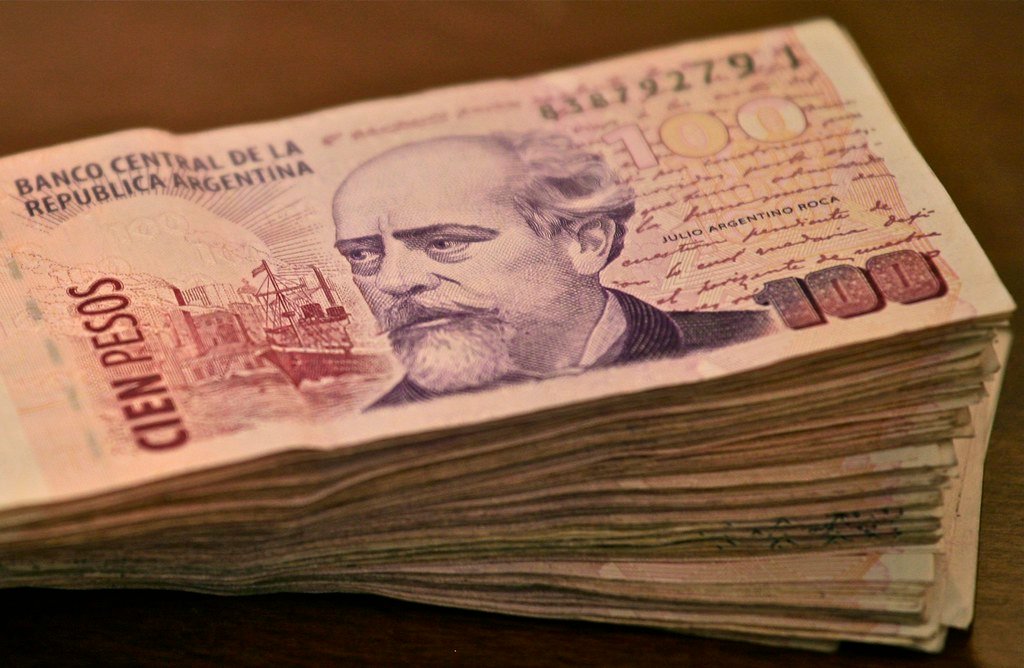
Inflation is Argentina's Economic Challenge.
Argentina’s Economic Challenges: A Deep Dive into Soaring Inflation and Reform Measures
In 2023, Argentina found itself grappling with an economic crisis as its annual inflation surged to an alarming 211.4%, reaching the highest rate in over three decades. This unsettling economic scenario was unveiled by the government’s INDEC statistics agency, shedding light on the profound impact of a series of decisive measures implemented by the nation’s right-wing President, Javier Milei. The cornerstone of these measures was a drastic 50% devaluation of the Argentine currency, part of a comprehensive strategy to curb the rampant inflation that had plagued the country.
President Milei, in his inauguration speech, acknowledged the gravity of the economic situation and unveiled a painful adjustment plan designed to stave off hyperinflation. He warned the populace that the measures would have an immediate adverse impact on various facets of the economy, including overall economic activity, employment rates, real wages, and, most significantly, the number of individuals living in poverty. It’s estimated that approximately 40% of Argentina’s population currently resides below the poverty line, emphasizing the urgency of addressing the economic downturn.
The annual inflation rate of 211.4% in 2023 starkly contrasts with the 95% recorded in the previous year, underscoring the severity of the economic challenges facing the nation. In December 2023, the monthly inflation rate stood at 25.5%, a notable increase from November’s 12.8%, albeit slightly below the government’s forecast of 30%. President Milei, in anticipation of the release of these figures, expressed optimism, suggesting that a monthly inflation rate closer to 25% would be considered a tremendous success.
The impact of inflation is particularly felt in the prices of essential commodities. Food and non-alcoholic beverages, identified as the primary contributors to the annual inflation rate, witnessed an average increase of 29.7% in December. Additionally, other everyday products experienced substantial price hikes, with medications seeing an average increase of 40%. These trends highlight the challenges faced by ordinary citizens as the cost of living continues to soar.
President Milei’s adjustment plan is a multifaceted strategy aimed at stabilizing macroeconomic variables as a precursor to the eventual dollarization of the economy. While these measures are acknowledged to have a short-term negative impact, Milei remains steadfast in his belief that once these variables stabilize, the nation will witness a decline in inflation.
Argentina’s economic landscape in 2023 reflects a delicate balance between implementing bold reform measures and mitigating the immediate social consequences of those actions. President Javier Milei’s commitment to stabilizing the economy and addressing the root causes of hyperinflation signifies a proactive approach to steering the nation away from a full-blown economic crisis. As Argentina grapples with these economic challenges, the path to recovery will likely be marked by both short-term hardships and the hope for a more stable and prosperous

